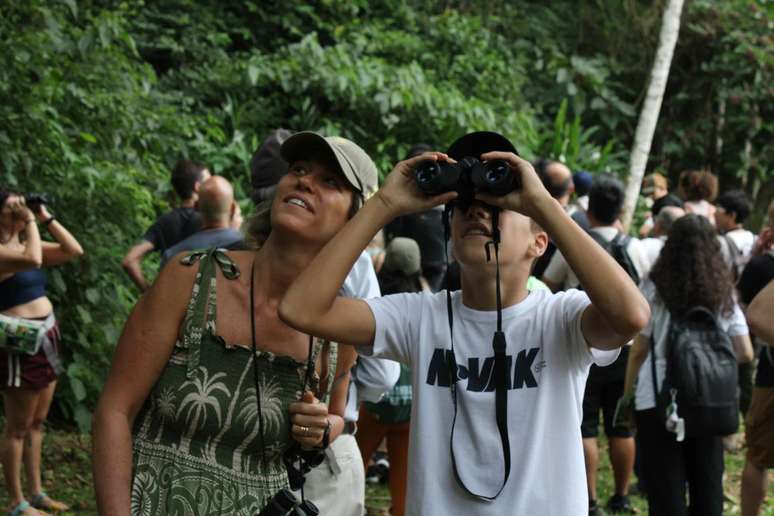The institute is expected to expand the supply of vaccines and serums to the Ministry of Health and other Latin American countries
The Butantan Foundation, a private institution that manages the Butantane Institutehas obtained a loan of R$ 1 billion since BID Investan investment bank affiliated to Inter-American Development Bank (IDB), for the construction of two new factories that will triple the institute’s production capacity. The announcement of the investment will be announced on Wednesday 21st.
A point of reference in the production of vaccines and serums, Butantan is currently able to produce around 200 million doses of vaccines and its main customer is the Ministry of Health, to which it supplies vaccines for influenza, hepatitis A and B, DTaP (immunizer against diphtheria, tetanus and whooping cough), rabies, in addition to Coronavac, against covid-19. With the opening of new production plants, the institute wants to expand the offer both to the SUS and to other Latin American countries.
“Today, we already deliver through the Pan American Health Organization (PAHO) to other countries. This year, there were about 2 million doses of the flu vaccine. Next year, that number is expected to reach 5 million, and with the opening of new factories, the idea is that we do a gradual increase,” he said Dimas Covasexecutive director of the Butantan Foundation.
The two new IDB-funded factories are expected to be operational within five years. According to Covas, one of them will be an extra filling line (which will take care of the final processing of the products) and the other will be a second production center for egg vaccines, a technique used to produce flu vaccines and Butanvac, vaccine against covid-19 tested by Butantan.
“We already have a large egg factory that can produce 140 million doses a year, but, at the moment, it doesn’t have a backup. We need this second unit to produce flu vaccines, Butanvac or even a vaccine that combines protection against influenza and covid,” he said.
The financed amount will come partly from IDB Invest and partly from other partner banks of the international institute. Butantan will have ten years to pay off the amount and the idea is that the debt will be paid already with the financial return of the expansion of the operation. The financial institution will follow the construction of the plants from the launch of the public tender and from the tender phase up to the execution of the works.
For Morgan Doyle, IDB Group Representative in Brazil, the Butantan project has succeeded in attracting international investment due to the impact it could have on public health, not only in Brazil, but also in Latin America. “It is worth mentioning the problems we had when international supply chains for inputs were cut during the pandemic. So it is important to have regional chain and we have seen this development and production capacity in Butantan,” she said.
Doyle says the IDB expects that, as the number of factories increases, Butantan will start selling vaccines and other low-cost immunobiologic products to other countries on the continent, and later to other low- and middle-income countries, such as the Africans.
🇧🇷The best content in your email for free. Choose your favorite Terra newsletter. Click here!
Source: Terra
Ben Stock is a lifestyle journalist and author at Gossipify. He writes about topics such as health, wellness, travel, food and home decor. He provides practical advice and inspiration to improve well-being, keeps readers up to date with latest lifestyle news and trends, known for his engaging writing style, in-depth analysis and unique perspectives.








